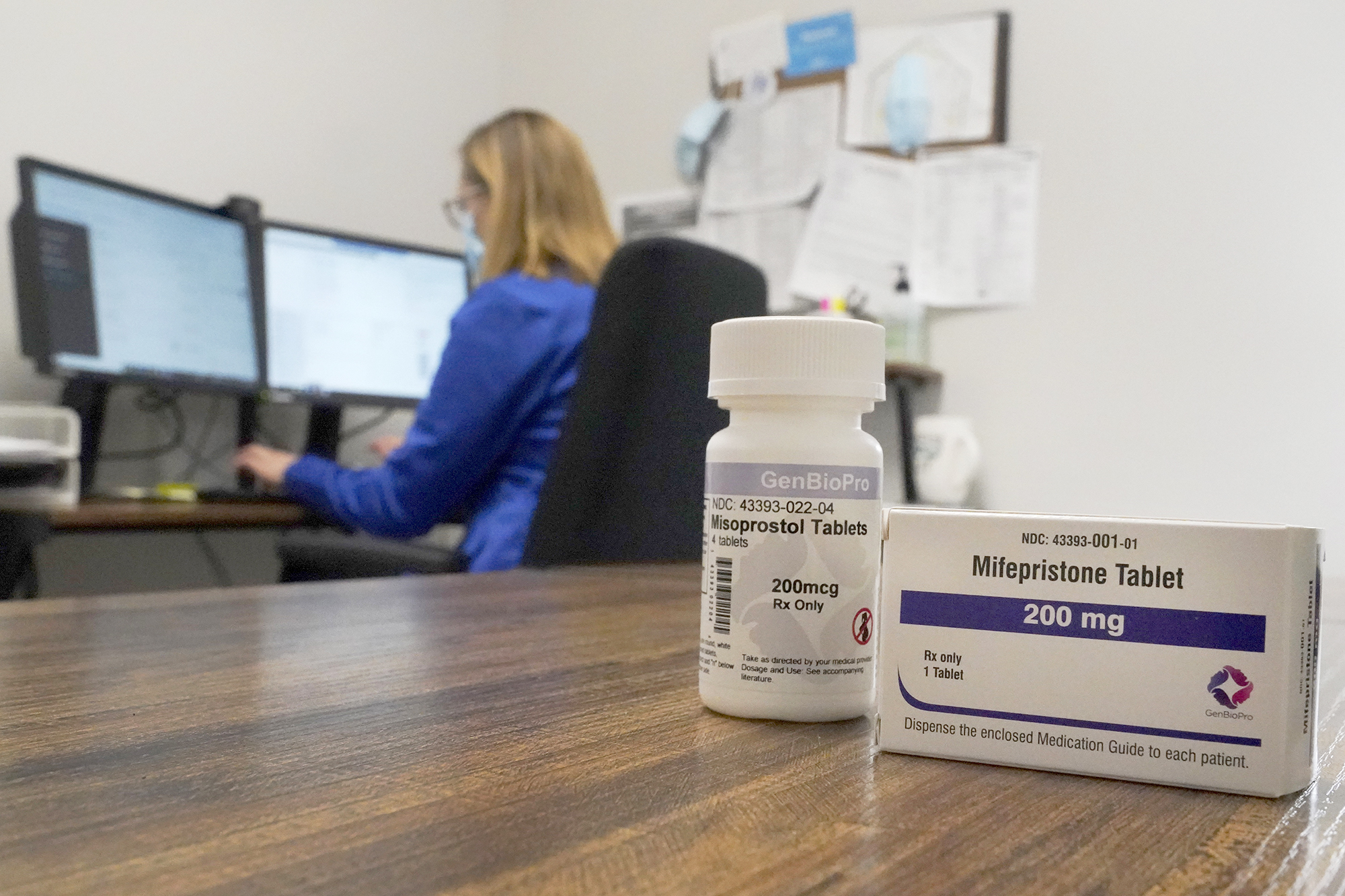FDA lifts restriction on abortion pill, permanently allowing delivery by mail
The U.S. Food and Drug Administration on Thursday permanently lifted its restriction on the abortion pill mifepristone that required providers to dispense the drug in person, allowing it to be delivered by mail.
The decision is subject to state laws that can criminalize the practice. But the FDA move could still have significant consequences for women, particularly in rural areas where it might be harder for women to find a clinic or doctor that will administer the drug in person.
In its updated guidance online, the FDA cited the need to "reduce burden on patient access and the health care delivery system."
Abortion rights groups cheered the move but said more needs to be done to ease access.
"While the action today will go a long way for people seeking care, other barriers remain and must be lifted once and for all," said Destiny Lopez, co-president of All* Above All.

Mifepristone, which blocks the hormone progesterone needed to support a pregnancy, is given to women within the first 10 weeks. The pill is taken with another drug called misoprostol, which causes cramping and bleeding to empty the uterus.
The FDA had stopped enforcing the in-person dispensing requirement for mifepristone last spring, citing the risks of COVID and noting the drug's strong safety record since it hit the market more than two decades ago.
Women still must obtain the pill through a certified health care provider.
While abortion-rights advocates say the decision protects a woman's right to privacy in obtaining a legal abortion, opponents insist the practice is dangerous and puts women's lives at risk.
"The Biden administration's reckless move puts countless women and unborn children in danger. Abortion activists' longtime wish has been to turn every post office and pharmacy into an abortion center," said Sue Liebel, state policy director for the antiabortion group Susan B. Anthony List.
Thursday's decision doesn't mean that every woman will be able to get the pill through the mail.
According to The Guttmacher Institute, which tracks state policies on the abortion pill, 19 states already require a provider to be physically present when administering the pill and prohibit telemedicine when prescribing it.
ABC News' Alexandra Svokos contributed to this report.





